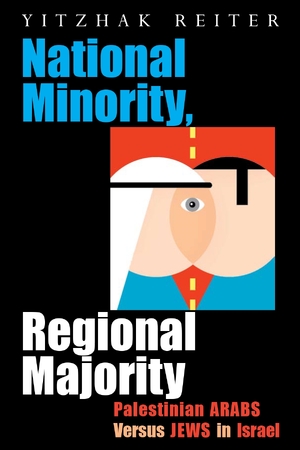"Lukacs manages to maintain a scrupulously objective approach to a topic that is a minefield of nationalist and ideological representations. This work should establish him as one of the most reasoned scholarly authorities on the many sided aspects of the Arab-Israeli conflict."—Shofar
"Scholars of the Arab-Israeli conflict are likely to find this worthy book a handy reference source, and students will especially appreciate the chronological summary of the peace process. Recommended for general readers, undergraduate and graduate students, faculty, and professionals."—Choice
"Lukacs makes a strong argument that Israeli-Jordanian relations can be understood on the basis of functionalism, that is, building cooperation on the issues of low politics and steadily reinforcing them over time."—Journal of Palestinian Studies
Description
Israel and Jordan, even though self-proclaimed enemies of one another, practiced a relationship of interdependence based on corresponding interests. In the years following the 1967 war, these two countries’ fates were delicately intertwined because of many factors like mutual reliance on natural resources (especially water) and parallel interests in the subordination of the Palestinian national movement.
These conditions of commonality led to extensive ties between the two countries and approximated a state of de facto peace that— ironically—made an official peace treaty almost impossible to sign. A formal peace treaty would have required not only Israel’s withdrawal from the West bank but also Jordan’s acknowledgement of the clandestine contacts between the two formal enemies.
Yehuda Lukacs gives us an account of how this relationship changed in 1988 when Jordan disengaged from the West Bank. This event, combined with the Palestinian uprising and the Gulf War, paved the way for Israel and Jordan in 1994 to sign the Israeli-Jordanian peace treaty. By systemically examining the impact of functional cooperation between two official enemies, Lukacs makes an important contribution to Middle East studies and international conflict resolution.
About the Author
Yehuda Lukacs is director of George Mason University's Center for Global Education and also teaches Judaic studies at the University of Maryland and international relations at George Mason University and the American University.
Related Interest
December 1999




